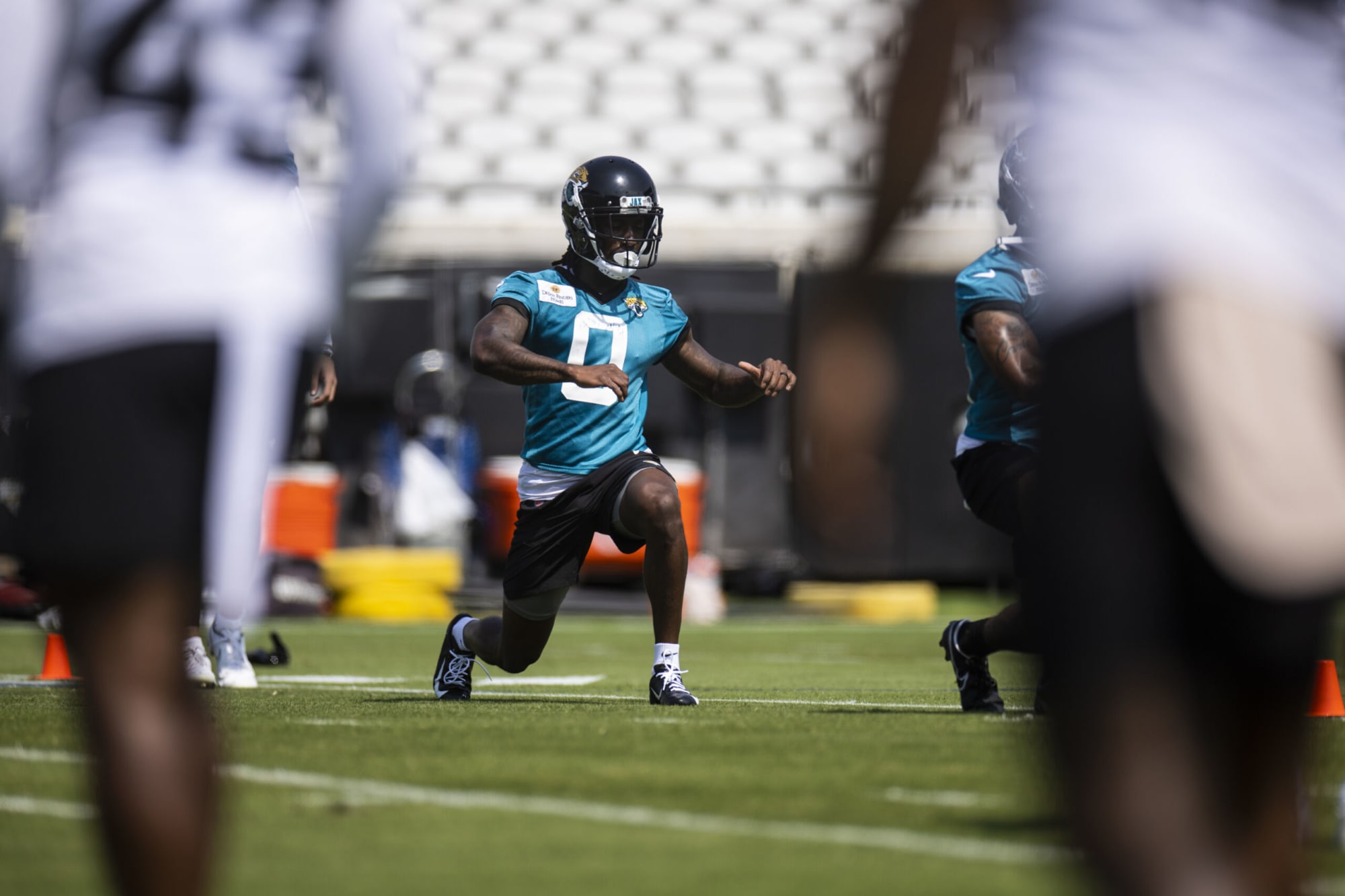
The league has been cracking down on gambling and betting violations, leaving many fans asking: What exactly is the NFL gambling policy?
For the last few years, Calvin Ridley has been the poster child of the gambling policy in the league. The Jacksonville Jaguars wideout was suspended for the 2022 season for placing bets on games, and at the time, Ridley arguably represented the highest-profile case of a player violating the NFL’s gambling policy.
Since then, several other players have gotten in trouble for violating the gambling policy, including Detroit Lions’ Jameson Williams, Stanley Berryhill, Quintez Cephus, and others.
What constitutes gambling and what doesn’t? Here are the NFL’s rules for gambling in 2023.
NFL gambling policy explained
The NFL’s rulebook on gambling states its policy in crystal-clear terms. According to the rulebook:
“All NFL Personnel are prohibited from placing, soliciting, or facilitating any bet, whether directly or indirectly through a third-party, on any NFL game, practice or other event. This includes betting on game outcome, statistics, score, performance of any individual participant, or any other kind of ‘proposition bet’ on which wagering is offered.”
To sum up, any and all betting on NFL games is prohibited.
NFL players are allowed to gamble on sports other than football, but other NFL personnel are not. That’s why New York Jets wide receivers coach Miles Austin was suspended in December of 2022.
In regards to fantasy sports, the NFL does not consider them within the umbrella of gambling, but it does restrict the amount of prizes NFL personnel can accept and the type of fantasy games NFL personnel can participate in.
Per the rulebook, NFL personnel may not accept prizes that amount to more than $250 in season-long fantasy contests. They also may not participate in any “daily or other similar short duration fantasy football game that offers a prize.”
What are the penalties for violating the NFL gambling policy?
As seen in Ridley’s case, the penalties for violating the gambling policy can be quite harsh. Ridley and anyone who bet on NFL games received an indefinite suspension of at least one year. Ridley’s suspension ended at the one year mark and he was reinstated in the league in March; it’s likely that Ridley set the precedent for other players in the same boat as he was.
As for the violations of Jameson Williams and Stanley Berryhill, the two Lions players only received six-game suspensions because they bet on non-NFL events (which is legal), but they bet on those events either at a league facility or while traveling with the team (which is illegal).